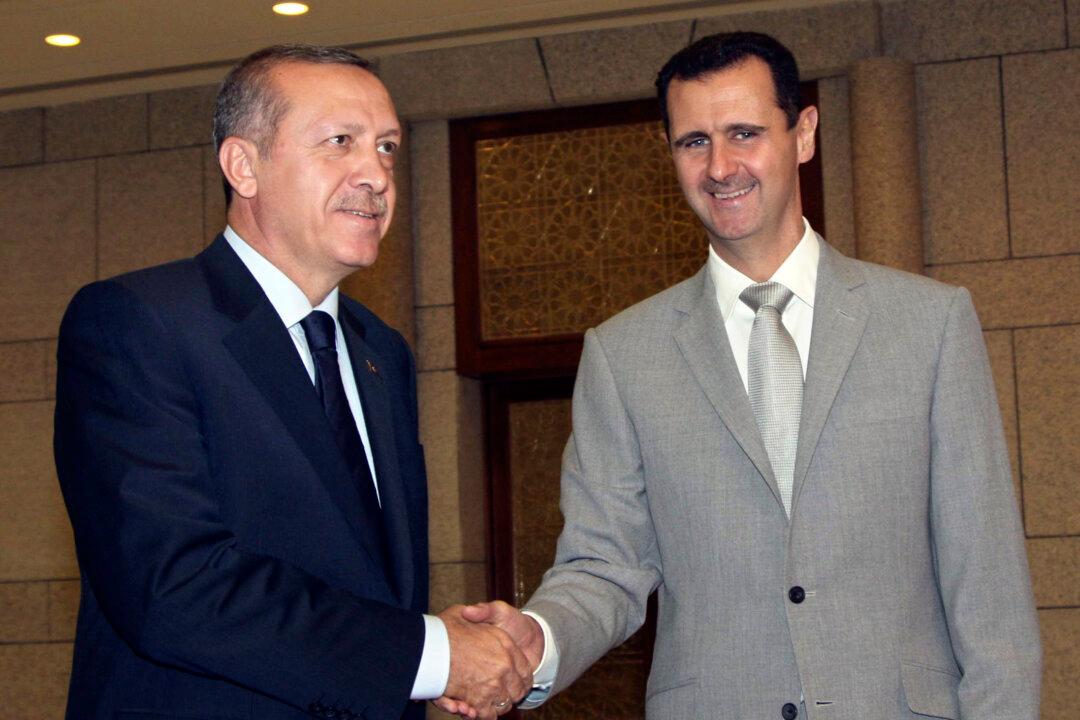Turkey took fresh steps this week toward mending relations with Egypt and Syria, which since the 2011 “Arab Spring” and its tumultuous aftermath have been characterized by mutual hostility.
“We may reevaluate relations with the countries we have problems with,” Turkish President Recep Tayyip Erdogan told reporters while attending a G-20 summit in Bali, Indonesia, in November.





